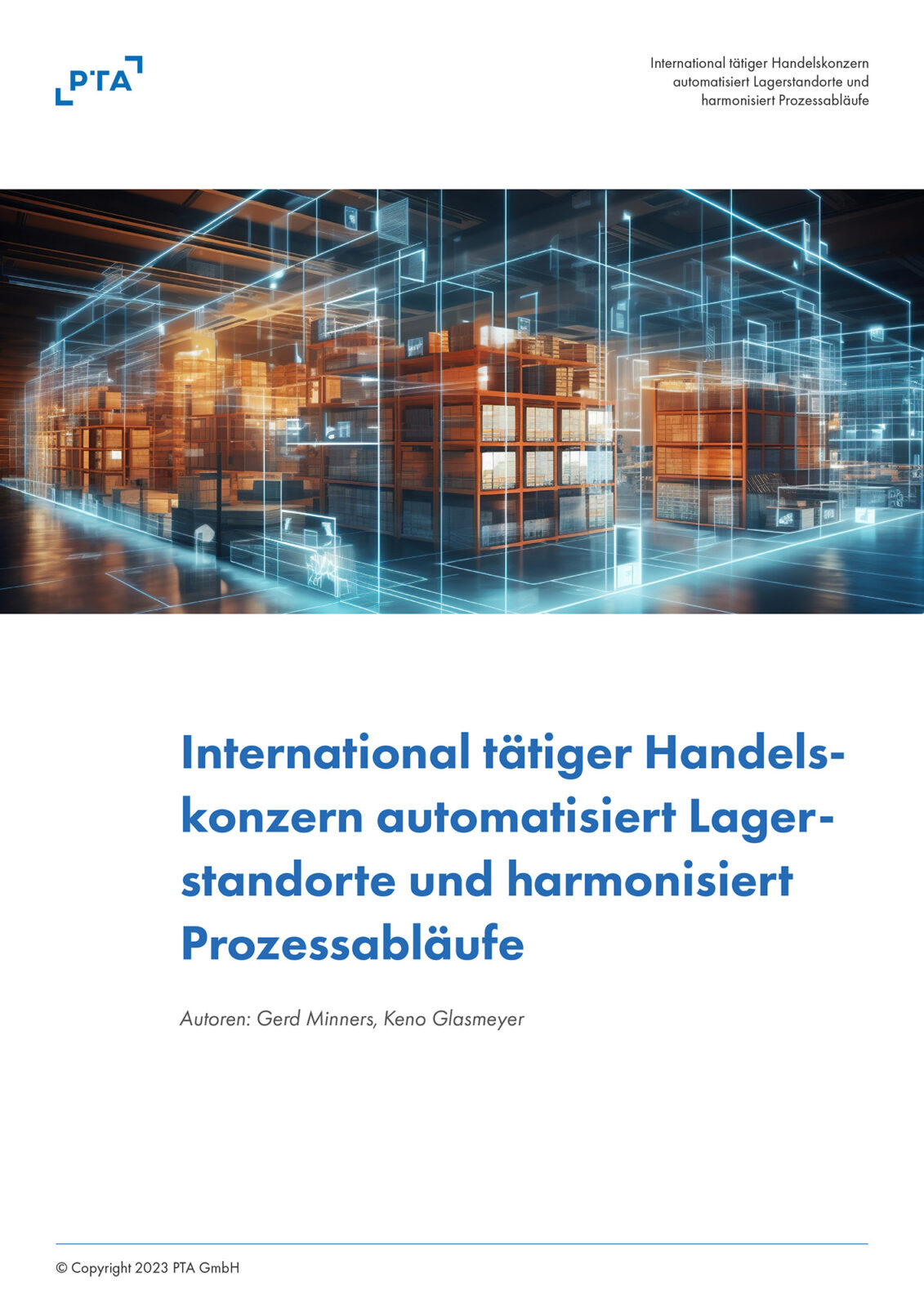International retail group automates warehouse locations and harmonizes processes
With our IT expertise and proven industry know-how, we advise and support logistics companies on the path to digital transformation – from the conception of a professional process design to contemporary solutions for transport management, digital warehouse processes, the automated processing of forwarding orders or data flows. In this way, we are driving forward the digitalization of logistics. You can find out more in this white paper. Simply click here to download:






